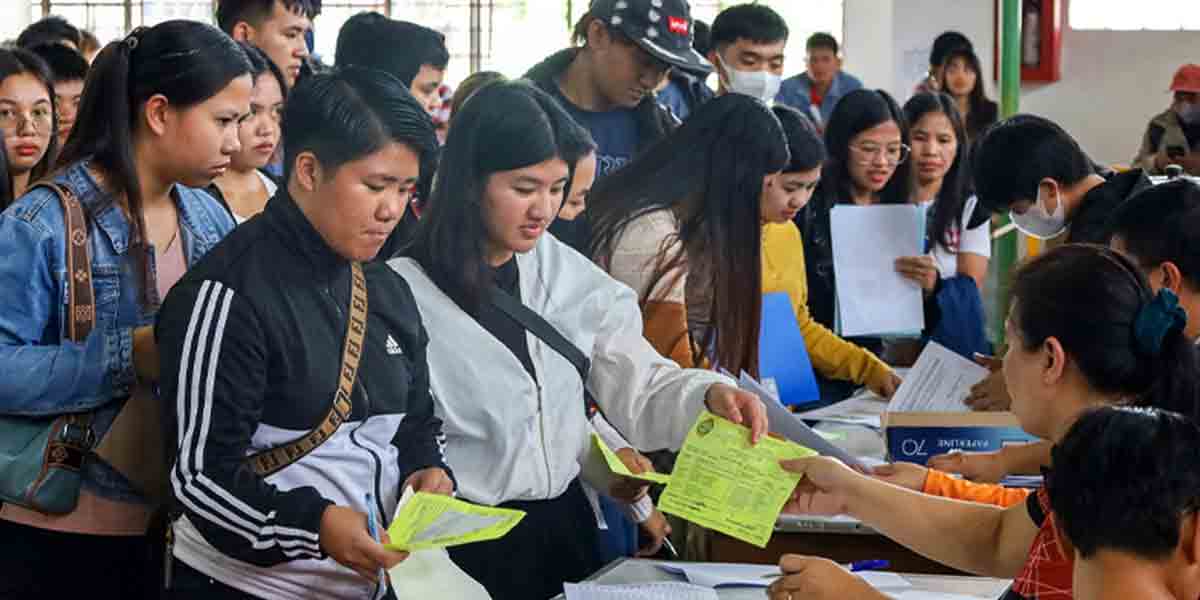
The Philippines has improved its position as a desirable destination for international jobseekers, climbing to 56th place globally, an 11-spot improvement since 2020. This ranking is based on the Decoding Global Talent 2024 report by Jobstreet by SEEK, Boston Consulting Group, and The Network, which surveyed over 150,000 respondents from 188 countries.
The study highlights the welcoming culture and inclusiveness (52%), perceived good quality of life (45%), cost of living (43%), and quality of job opportunities (43%) as key reasons why respondents chose the Philippines. Despite these improvements, the country still ranks lower than other Southeast Asian nations and top global destinations.
Talent from neighboring countries such as Malaysia, Singapore, and Indonesia, along with English-speaking countries like the USA and Canada, expressed interest in working in the Philippines.
Filipino Mobility Trends
While foreign jobseekers are increasingly eyeing the Philippines, a significant number of Filipinos continue to show strong interest in working abroad. According to the report, 80% of Filipino respondents expressed readiness to relocate, compared to 68% in the SEA region. However, this interest has declined from 96% in 2018 and 91% in 2020.
Interestingly, Filipinos across all life stages are willing to relocate, with 80% of those willing being highly educated and 82% being under 30 years old. Financial motives, career progression, better social systems, and healthcare are the primary drivers for Filipinos considering overseas work. Conversely, the 20% who prefer to stay cite reasons such as the inability to bring family, the cost of relocation, and a strong attachment to their home country.
The report indicates a diverse range of job roles among Filipinos looking to relocate, from craft professions and manual labor to more skilled roles in research, engineering, and hospitality. Marketing and media professionals are the least likely to consider moving abroad.
A notable finding is that 35% of Filipinos prefer long-term work abroad without plans to return, a significant contrast to neighboring countries where shorter overseas assignments are more common. This trend raises concerns about a potential brain drain in the Philippines.
Meanwhile, the willingness of the global workforce to work remotely for a foreign employer has increased to 66% from 57% in 2020. In the Philippines, 84% of professionals are now more eager for remote international work, surpassing both SEA and global averages.
Addressing Future Talent Shortages
Dannah Majarocon, Managing Director of Jobstreet by SEEK Philippines, emphasizes the need for local employers to develop a global talent strategy to address potential future talent shortages. “We encourage Filipino employers to develop a global talent strategy, as we may experience talent shortages in the future considering the number of Filipino jobseekers willing to work abroad. They can start by providing better compensation or benefits and better career opportunities as these are the main reasons people seek work abroad. Alternatively, Filipino employers can also consider attracting the working population from other countries,” she said.
For more detailed insights from the report, visit Jobstreet’s Decoding Global Talent 2024 (https://ph.employer.seek.com/market-insights/decoding-global-talent-2024).





















